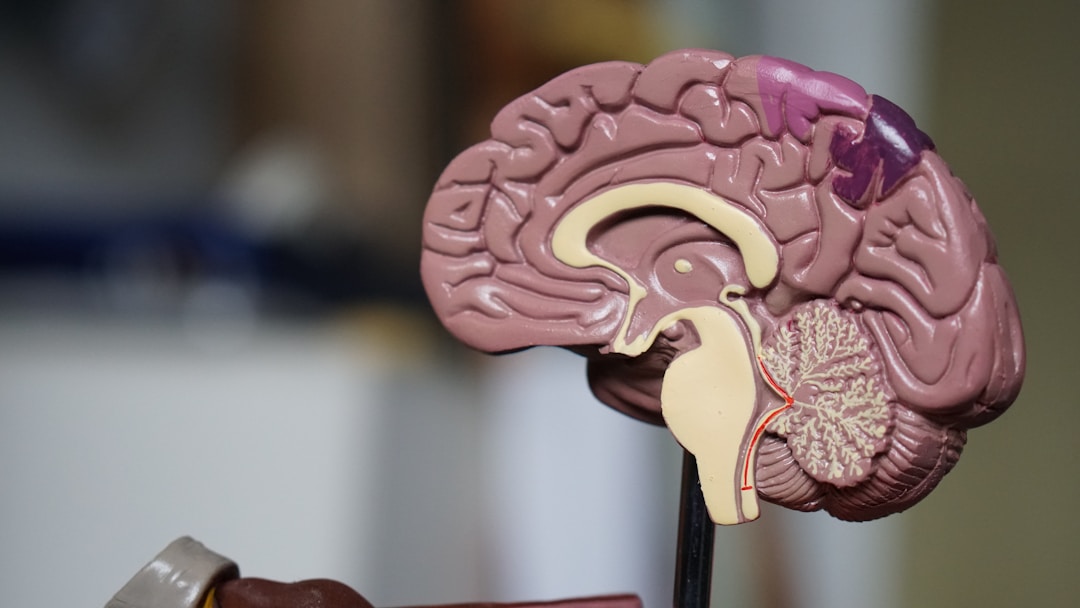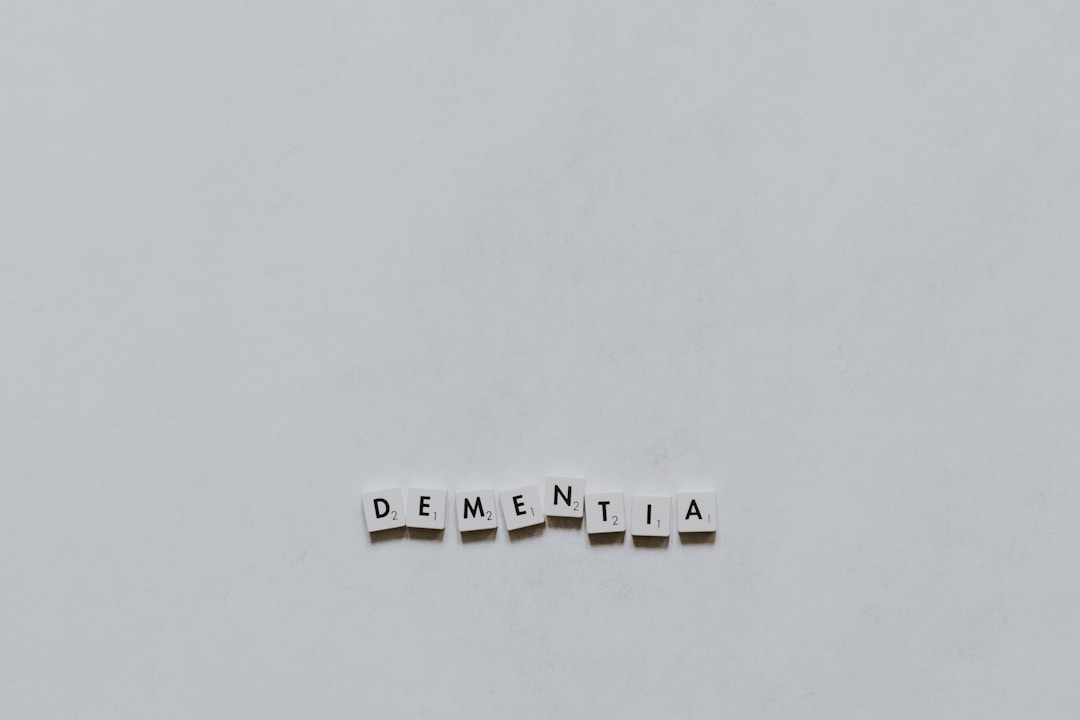Understanding the Difference Between Alzheimer’s Disease and Dementia
The terms Alzheimer’s and dementia are frequently mentioned in discussions about aging and cognitive decline. While they are often used interchangeably, these two conditions are not synonymous. Understanding the distinctions between Alzheimer’s disease and dementia is crucial for individuals, caregivers, and healthcare professionals. Below, we delve into the nuances of these two terms, their characteristics, diagnosis, and management. Keep reading to gain a clearer understanding of Alzheimer’s and dementia.
Exploring the Relationship Between Alzheimer’s Disease and Dementia

Dementia serves as an umbrella term used to describe a set of symptoms affecting memory, thinking, and social abilities severely enough to impede daily functioning. It is not a single disease but a general term for a decline in mental ability. Alzheimer’s disease is the most common cause of dementia, accounting for an estimated 60-80% of cases. Therefore, while every individual with Alzheimer’s has dementia, not everyone with dementia has Alzheimer’s.
These conditions share common signs such as memory loss, impaired judgment, and changes in personality or behavior. However, there are various forms of dementia, each with its unique causes and symptoms. Alzheimer’s disease is characterized by the presence of plaques and tangles in the brain, which are less prevalent in other types of dementia. This specificity of pathology helps in distinguishing Alzheimer’s from other dementia disorders.
Recognizing the differences is important not just for diagnosis and treatment, but also for the emotional well-being of the patient and their families. It helps in setting appropriate expectations and planning for care. An in-depth understanding of alzheimers VS dementia is essential for anyone touched by these diseases.
Understanding Dementia: Types and Symptoms
Dementia encompasses a wide range of specific medical conditions, including Alzheimer’s disease, vascular dementia, Lewy body dementia, frontotemporal dementia, and others. Each type of dementia may have distinct symptom profiles and underlying causes. Vascular dementia, for example, results from conditions that block or reduce blood flow to the brain, causing brain damage.
Symptoms of dementia vary depending on the cause, but they are universally marked by cognitive impairments that interfere with daily life. These include memory loss, difficulty with complex tasks, trouble with planning or organizing, personality changes, and confusion about time or place. Some types of dementia may also present with movement issues or hallucinations, particularly in the case of Lewy body dementia.
The progression of dementia can be a challenging experience for patients and their families. As the disease advances, individuals may require more comprehensive care and assistance with everyday activities. A supportive environment and understanding the individual’s specific needs become increasingly critical as dementia progresses.
Diagnostic Approaches to Alzheimer’s Disease and Dementia
The diagnosis of Alzheimer’s disease and other types of dementia begins with a detailed medical history and physical examination. Healthcare professionals use a combination of tools and tests to differentiate Alzheimer’s from other dementia types, including cognitive screening assessments, neurological exams, and imaging tests such as MRI or CT scans to identify brain changes.
Blood tests and cerebrospinal fluid analysis can provide additional information and help rule out other conditions that might mimic dementia. While these tests can be informative, the definitive diagnosis of Alzheimer’s disease is often only confirmed through examination of brain tissue, usually after the person has passed away.
Management and Support Strategies for Alzheimer’s and Dementia Patients

Managing Alzheimer’s and other forms of dementia requires a multifaceted approach, tailored to the individual’s needs. Medications such as cholinesterase inhibitors and memantine can help with cognitive symptoms, while others might be prescribed to address mood disorders or behavior changes associated with dementia. Non-pharmacological interventions, including cognitive stimulation, exercise, and social engagement, are also important components of care.
Caregiver support is an essential element of managing dementia. Families and caregivers need education about the disease, coping strategies, and practical support to manage the demands of care. Access to respite care services can provide a much-needed break, helping to prevent caregiver burnout and maintain the overall well-being of the family unit.
Overall, understanding the differences between Alzheimer’s disease and dementia is essential for effective treatment and compassionate care. Recognizing each condition’s unique qualities and challenges can inform personalized care strategies, allowing individuals and their families to navigate these complex conditions with dignity and support.
